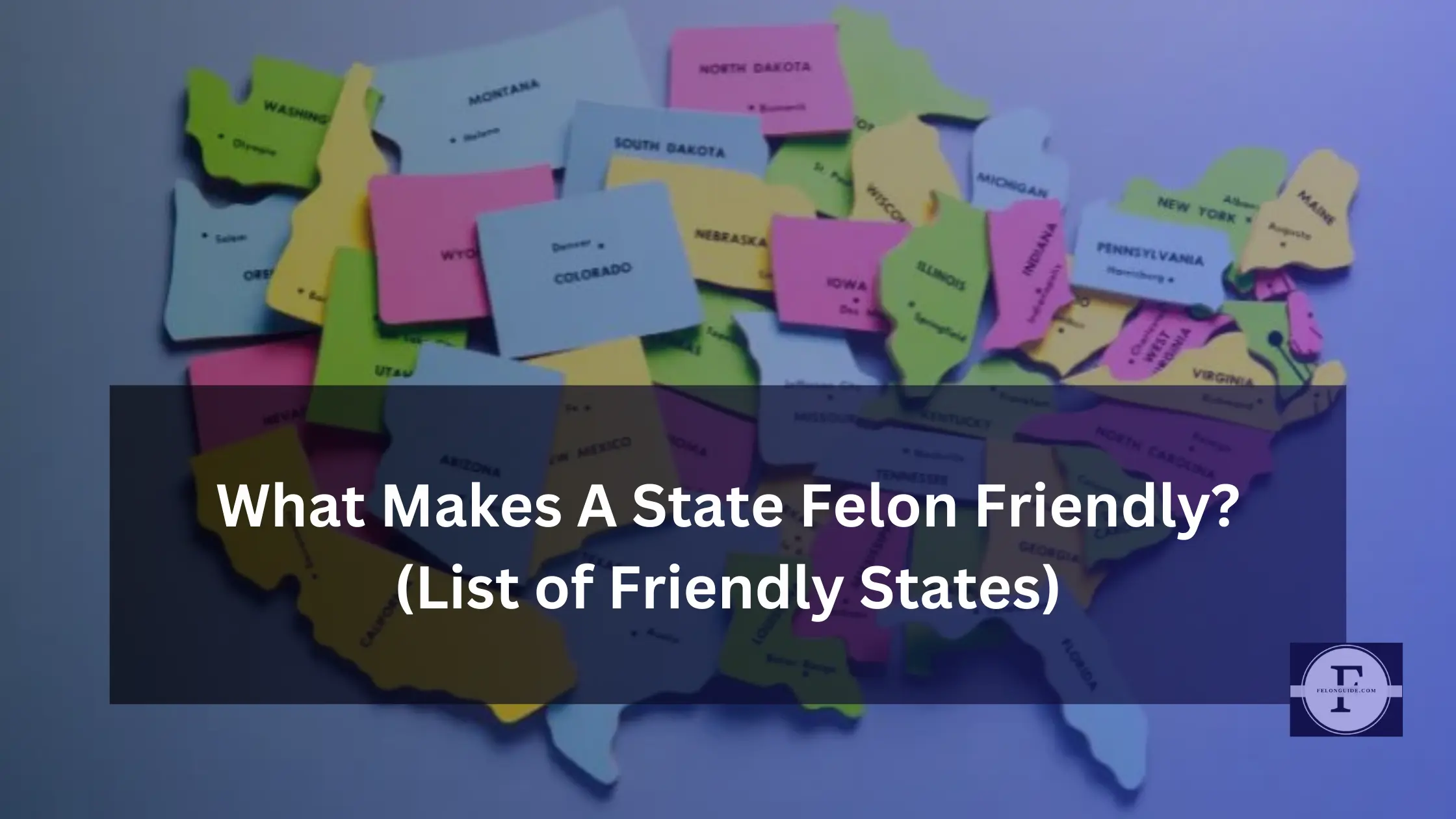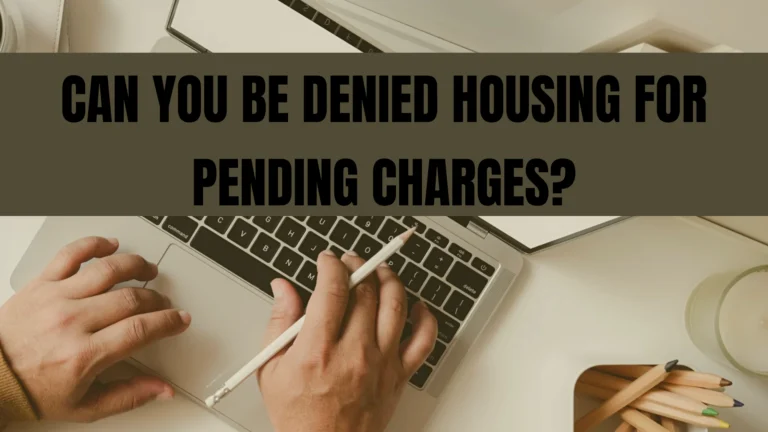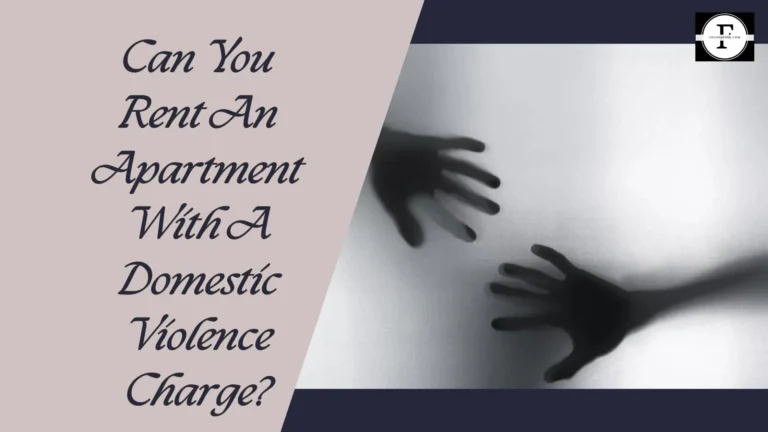What Makes A State Felon Friendly? (List of Friendly States)
This list of the most crime-friendly states should help you narrow down your options if you plan to relocate for a fresh start.
What Makes A State Felon Friendly?
Factors that criminalize the state include:
- Background check limits
- Ban the box laws
- Restrictions on using convictions in employment decisions
- Fair housing laws
- Professional Licensing Reforms Trade Business and Professional Licensing
We do not include the restoration of civil rights or the expungement criteria in our list of factors because these are tied to the jurisdiction where the conviction was committed and would not be affected by a transfer to another state.
6 Most Felon Friendly States of 2024

Here are our top picks for second-chance states felons can move to.
- California
- Illinois
- Colorado
- New York
- Minnesota
- New Jersey
1. California
California is one of the most crime-friendly states in the country.
Employment
California’s Fair Chance Act Prevents employers from asking about criminal convictions on job applications (ban the box law). Background checks may only be conducted after a conditional employee offer. Criminal convictions are not grounds for automatic dismissal from employment.
- Nature and gravity of the offense
- Age of offense
- Whether the criminal history has a direct negative relationship to the nature of the required job duties or responsibilities
California limits criminal background inquiries to seven years if the date of your conviction is more than seven years from the date of release or the date of parole.
Occupational Licensing
- Landlords and housing providers cannot use a blanket ban to evict tenants with the penalty.
- Landlords should consider the age and nature of the offense when deciding whether your history negatively affects your ability to be a good tenant.
- The landlord must allow you to provide mitigating evidence to support your request
2. Illinois
Illinois is one of the best states for felons thinking about starting. Cook County is particularly felon-friendly within the state.
Employment
Under the Illinois Human Rights Act, wages may only be used as a penalty to deny employment:
- The punishment is directly related to the job sought which possibly allows the person to commit such a crime
- This punishment is a real threat to public safety.
Before disqualifying a candidate, the judge must consider the nature of the crime and evidence of rehabilitation. Illinois’ ban box law prohibits inquiries about a candidate’s criminal background Unless the person has been selected for an interview or offered a conditional offer of employment. In Chicago, the city’s re-entry initiative makes it easier for felons to get municipal jobs.
Occupational Licensing
Licensing boards have limited powers to disqualify applicants based on criminal convictions. Depending on the profession, a license denial can only be made where the offense is directly related to the practice of the profession, mitigating factors should be considered even if the offense is more than five years old and evidence of rehabilitation should also be considered.
Housing (Cook County Only)
The Cook County Fair Housing Amendment sets forth a strict procedure a landlord must follow when denying housing because of a conviction (except for sex offenses with registration requirements).
Landlords in Cook County can’t:
- Use convictions older than three years to disqualify tenants
- Use a blanket ban for criminals to charge higher rents or require higher security deposits
- Ask about convictions before making a rental offer.
And must:
- Disclose tenant selection criteria first while charging the application fee
- Applicants are allowed to submit information explaining their convictions
- Make individual assessments for sentences of less than three years
- Show the applicant that there is a significant risk to their property or the safety of others
3. Colorado
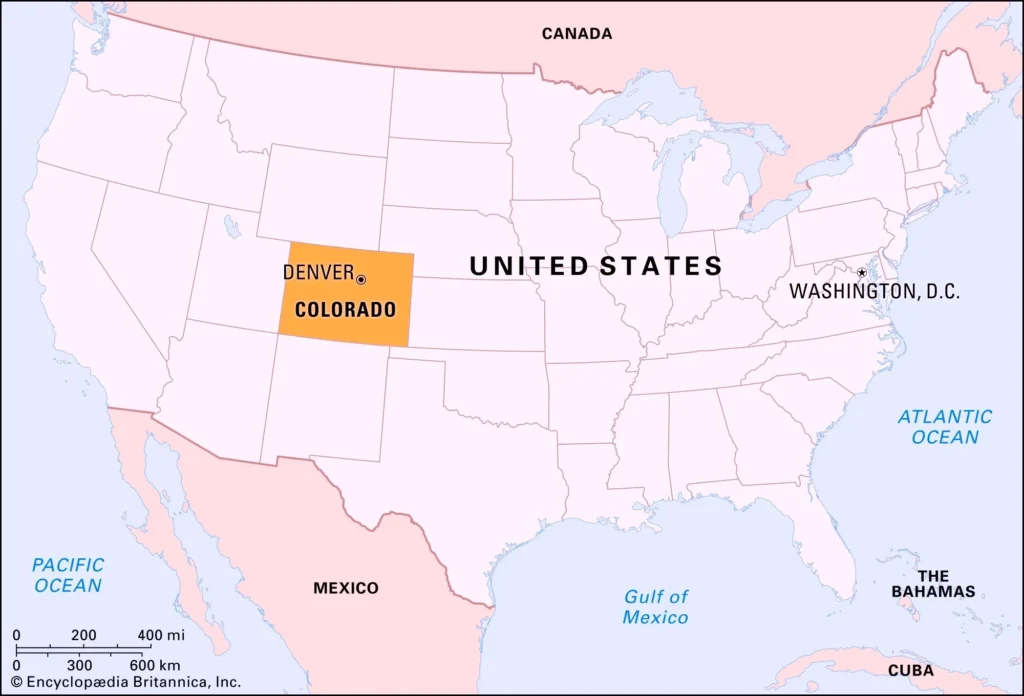
Colorado is one of the other states where criminals can go with good protection against discrimination.
Employment
Colorado’s Competition Act prohibits private employers from asking about criminal convictions on job applications. Public employers can’t ask about convictions or see your criminal history unless the job is conditional. You may not be offered or selected as a final candidate, nor can public officials automatically deny you employment based on your criminal history.
When considering What Makes A State Felon Friendly? (List of Friendly States) key factors include their policies regarding criminal background checks for employment. States like Colorado, for instance, limit inquiries into criminal history to the past seven years. This means that if a felony conviction is older than seven years from the date of release or parole commencement, it may not affect an individual’s opportunities or eligibility for certain benefits. Here’s a list of states known for their policies that support individuals with felony convictions in reentering the workforce and society.
Occupational Licensing
Licensing can only be denied because of a criminal conviction when the offense is directly related to the license sought. The age of the offense and rehabilitation efforts should also be considered.
Fair Housing
Under the Rental Application Fairness Act, Color Addo landlords cannot deny housing based on convictions of more than five years unless the sentence is for a methamphetamine/amphetamine crime, murder, stalking, or a sex offense with a registration requirement. Don’t be taken.
4. New York

New York employment laws make it a good state to consider for criminals.
Employment & Occupational Licensing
New York State’s public policy encourages employing all persons of one or more faiths. Article 23-A of the Corrections Act prohibits issuing and licensing authorities from discriminating against persons with a criminal record unless there is a direct connection between the crime and the position/license sought, or Danger to the safety of property, or persons. Or the general public.
Employers and licensing authorities must also consider:
- Nature and gravity of the offense
- Age at time of offense
- Time elapsed since the offense
- Evidence of rehabilitation
The ban on the Box Law applies to public hires; criminal background inquiries cannot be conducted until after an employment decision has been made.
5. Minnesota
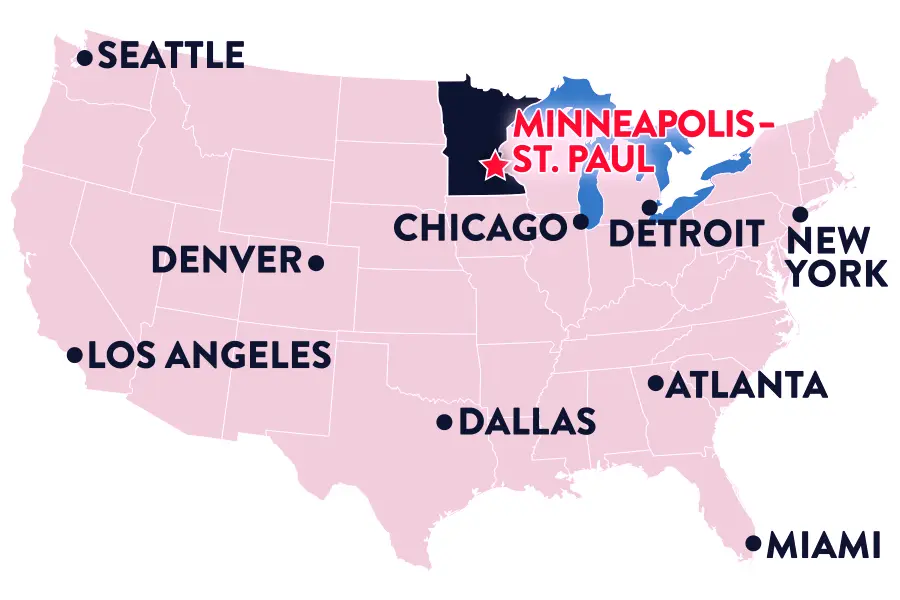
Minnesota offers good protection for felons seeking employment in the state.
Public Employment & Occupational Licensing
The Minnesota Criminal Rehabilitation Act does not allow public employers or licensing boards to disqualify applicants because of a criminal conviction unless there is a direct connection between the criminal history and the job license sought and that applicant’s rehabilitation. Can’t show proof. Reinstatement is shown if a year has passed since release without further offenses and in full compliance with parole conditions.
(Public employment not covered by the act includes law enforcement agencies, fire service, school bus drivers, and occupations under the Department of Health and Human Services.) Minnesota’s ban box law applies to all employment background checks. Support until an interview is done or a job offer is made. A criminal background check in mina police city is permitted only for positions of sufficient sensitivity and responsibility for municipal employment.
6. New Jersey

Having a felony in New Jersey will not always be a bar to residency
Employment
New Jersey’s Opportunity to Compete Law prohibits background inquiries until a candidate has been interviewed.
Housing
Landlords cannot ask about criminal penalties unless a conditional rent offer is made. Penalties can only be considered if:
- The sentence is for a listed violence or sexual offense.
- A prison sentence for a fourth-degree felony was completed within the last year.
- A prison sentence for a second or third-degree felony has ended within the previous four years.
- A prison sentence for a first-degree felony has expired within the previous six years.
A landlord may withdraw a rental offer only after conducting an individual assessment and demonstrating that the unfitness is necessary to serve a sufficiently legitimate and non-discriminatory interest. All things considered, California and Illinois are the best states for felons with the fewest barriers to residency and employment.

